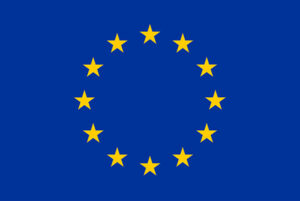
Sister Project
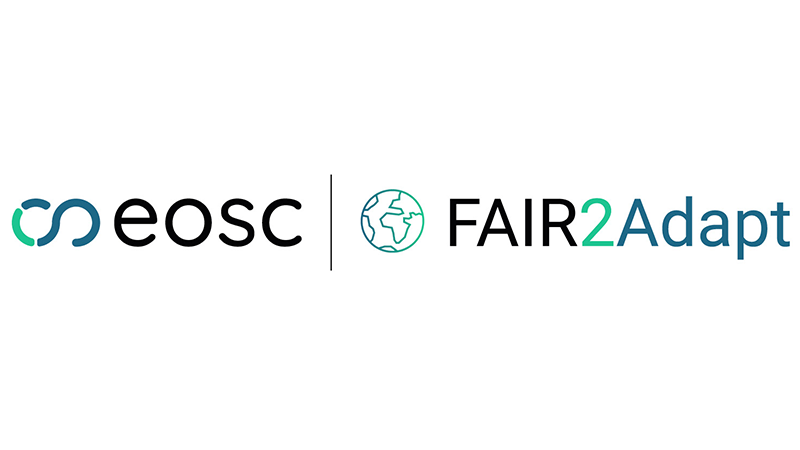
FAIR2ADAPT
The FAIR2Adapt is a multidisciplinary project geared towards transforming data into actionable knowledge to shape climate adaptation strategies. It will adopt FAIR Digital Objects (FDOs) and use semantic bridging strategies, such as the I-ADOPT framework, and tailored FDO services to build a collaborative, user-friendly FAIR and open data sharing framework. A significant aspect of the FAIR2Adapt project is stakeholder engagement and capacity-building activities, which will be instrumental in raising awareness and devising customised solutions. By transforming data into flexible, practical, and resilient climate adaptation strategies, FAIR2Adapt constructs a scalable and extensible model for data sharing that can be adapted to multiple climate adaptation scenarios.
EOSC ecosystem
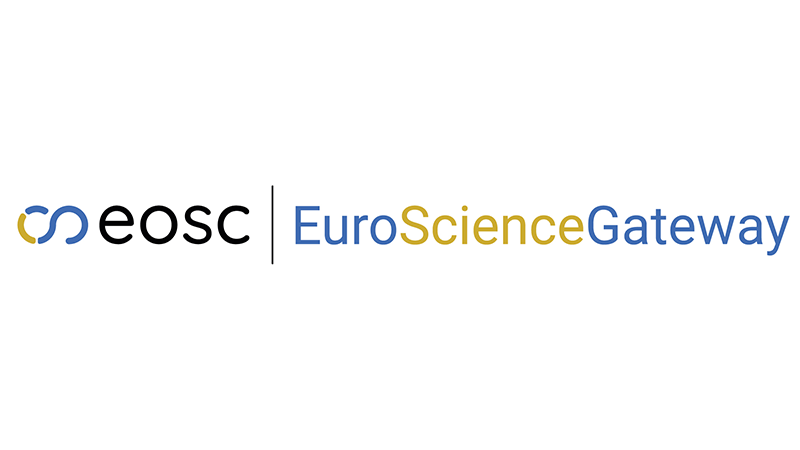
EuroScienceGateway
EuroScienceGateway will leverage a distributed computing network across 13 European countries, accessible via 6 national, user-friendly web portals, facilitating access to compute and storage infrastructures across Europe as well as to data, tools, workflows and services that can be customized to suit researchers’ needs. At the heart of the proposal workflows will integrate with the EOSC-Core. Adoption, development and implementation of technologies to interoperate across services, will allow researchers to produce high-quality FAIR data, available to all in EOSC. Communities across disciplines — Life Sciences, Climate and Biodiversity, Astrophysics, Materials science — will demonstrate the bridge from EOSC’s technical services to scientific analysis.
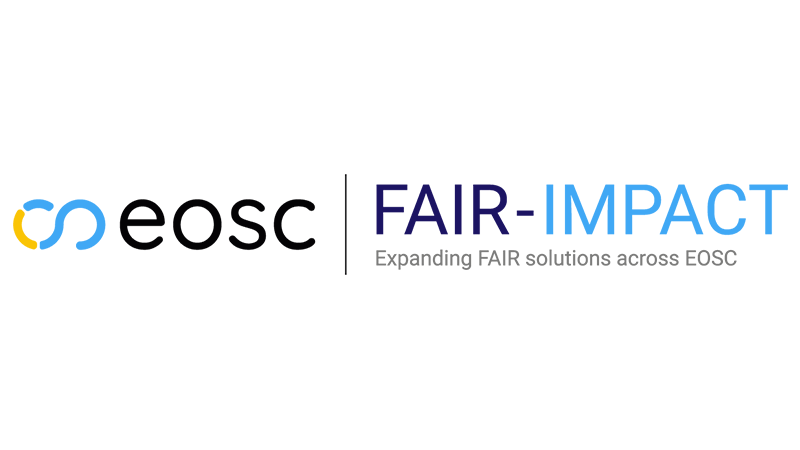
FAIR-IMPACT
FAIR-IMPACT identifies practices, policies, tools and technical specifications to guide researchers, repository managers, research performing organisations, policy makers and citizen scientists towards a FAIR data management cycle. The focus will be on persistent identifiers (PIDs), metadata, ontologies, metrics, certification and interoperability, starting with real-life use cases on social sciences and humanities, the photon and neutron sciences, life sciences and agri-food and environmental sciences.
Climate Adaptation Network
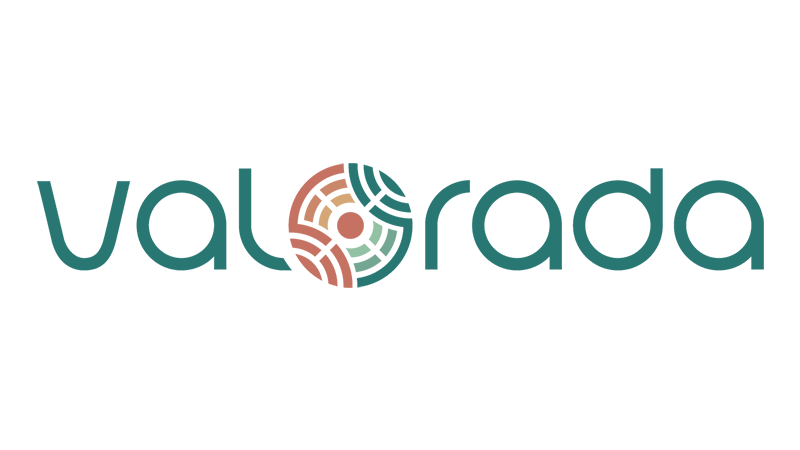
VALORADA
The goal of the VALORADA project is to empower European regions and cities to steer the upcoming societal transformation towards sustainable and climate-resilient development, in line with the EU’s Adaptation Mission aiming at supporting the transformation of 150 European regions to become sustainable and climate-resilient by 2030
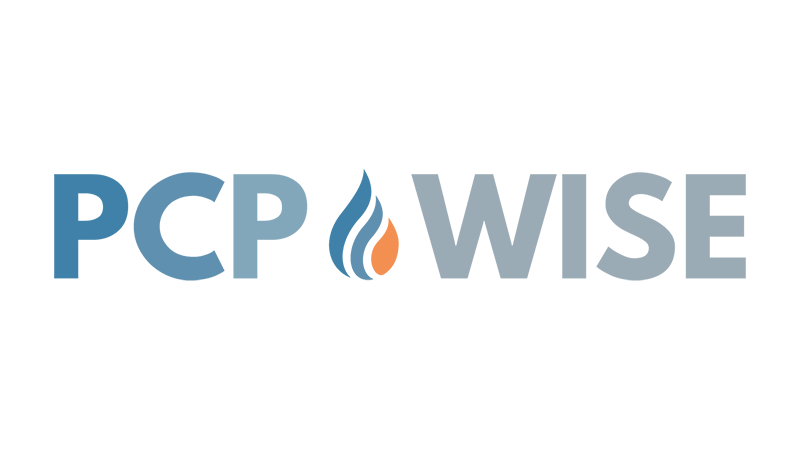
PCP-WISE
The PCP-WISE project is all about pushing the boundaries of water management innovations to build climate resilience across Europe. Funded through the PCP instrument, this initiative enables public sector buyers to access cutting-edge R&D solutions reaching up to Technology Readiness Level (TRL) 8.
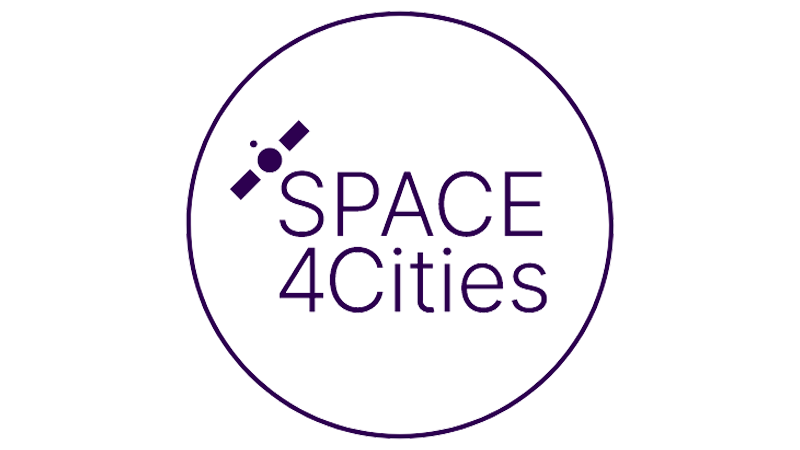
SPACE4Cities
The SPACE4Cities is a pre-commercial procurement project that creates replicable solutions, via smart use of European satellite data, for better and more dynamic management of urban space. The project has 3 main goals: (1) to help cities become more agile and resilient in order to save resources and combat new challenges caused by e.g. climate change and energy crises, (2) to advance the public sector modernisation by improving the understanding of the benefits of digital transformation and (3) stimulate the public sector in Europe to use space downstream products: data products and tools to support climate action and cities’ carbon neutrality goals.
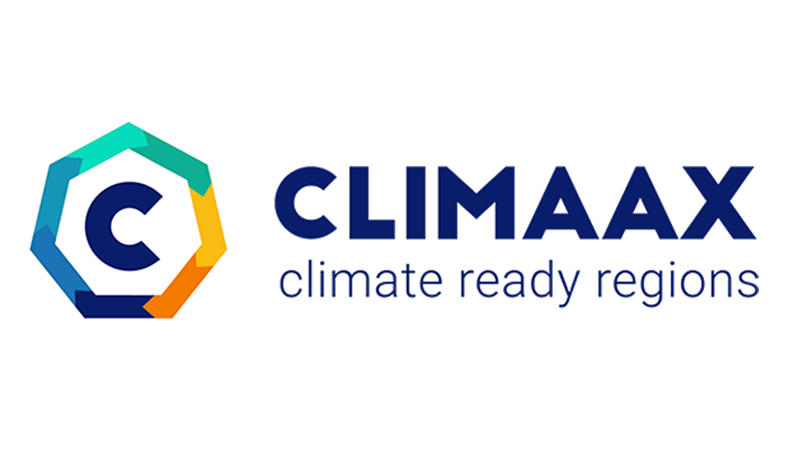
CLIMAAX
A 4-year project to provide a standardized Climate Risk Assessment (CRA) framework built on current community experience and best-practices plus a Toolbox with data, models and utilities to provide access to European and global open data archives integrated with local data and procedures. CLIMAAX will provide an authoritative CRA, local data and evidence need to be integrated with established pan-European reference data and scenarios.
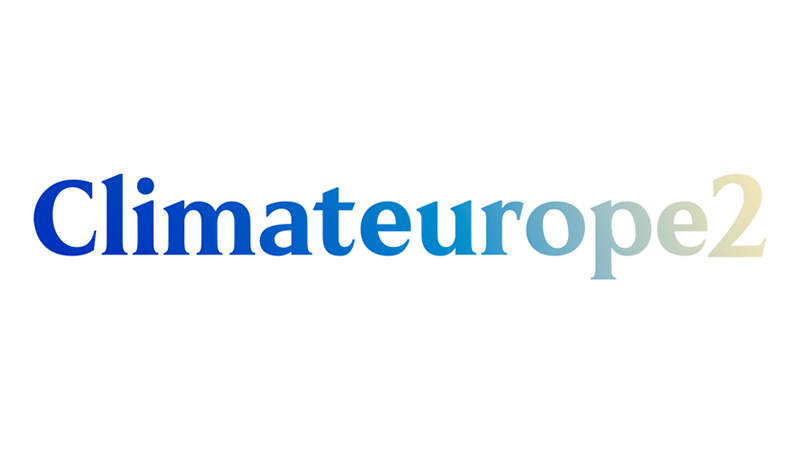
ClimateEurope2
A 54- month project to addresses climate services relevant to all sectors by developing -standardisation procedures and including criteria for certification and labelling, as well as the user-driven criteria needed to support climate action. This information will be used to propose a taxonomy of climate services, suggest community-based good practices and guidelines. Also supports a variety of activities for communities involved in European climate services will be organised.
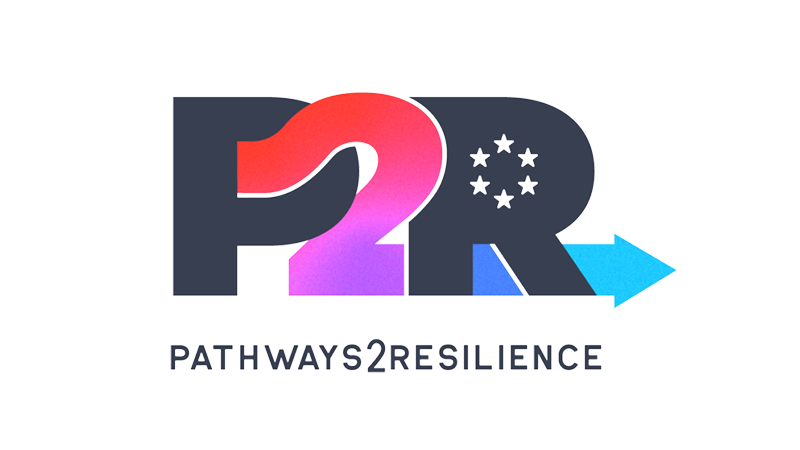
Pathways2Resilience
Pathways2Resilience is an EU-funded programme that will empower more than 100 regions and communities across Europe to co-design visions of a climate-resilient future. The programme will mobilise regional interest and progressively elevate the ambition and capability of regions. Locally-led Innovation Practice Groups engaging regions, local practitioners and citizens groups (with particular attention to vulnerable communities) and a climate finance lab will contribute to increase knowledge on existing innovative adaptation solutions and promote access to adaptation finance. Thanks to practical guidelines, tools, and hands-on training and mentoring, regions and communities will create transformative climate resilience pathways and innovation agendas. The development of transformative adaptation plans will be supported by 21 million euros in cascade funding, allocated through two public calls.
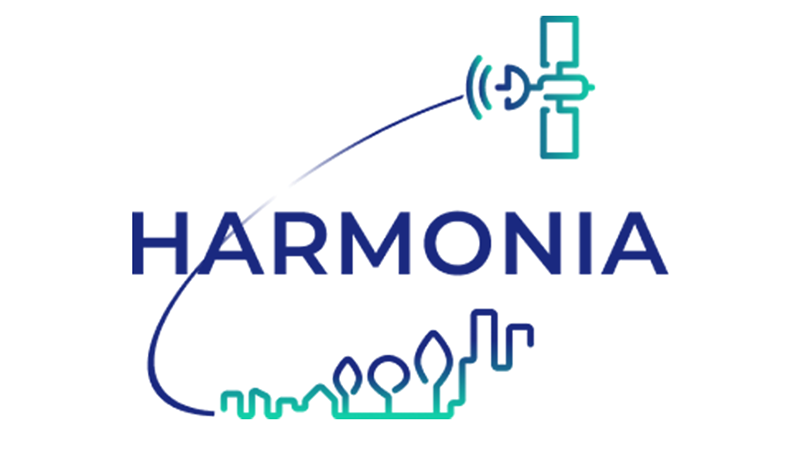
Harmonia
HARMONIA provides a resilience assessment platform to help urban stakeholders understand and quantify Climate Change effects. Based on satellite and auxiliary data, the HARMONIA platform offers a user-friendly knowledge base, dispensing detailed information on local neighbourhood and street level. This supports local decision making and fosters a wide range of applications dedicated to climate adaptation and mitigation and focus on both manmade/natural and only manmade hazards as types of Climate Change effects.

SeBS
The ESA-funded socio-economic Sentinels Benefit Studies analyse and assess the benefits and impacts of Copernicus Sentinel data and derived operational applications in selected value chains including public authorities. The analyses focus on 6 dimensions of value (including economic, environmental, innovation/entrepreneurship, scientific, regulatory and strategic).
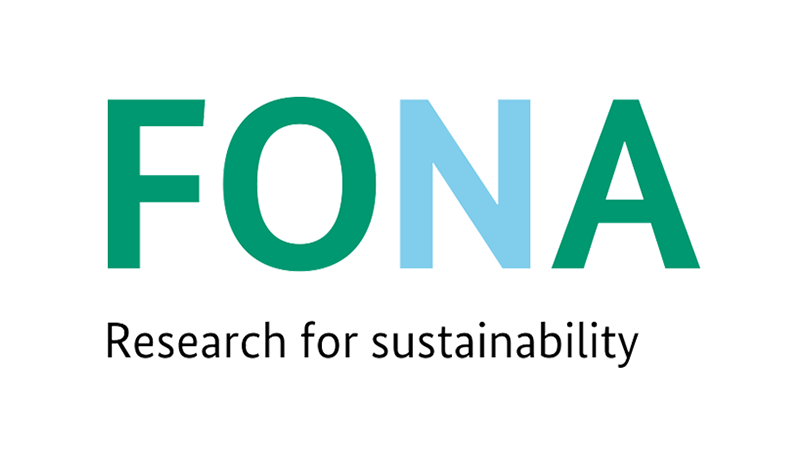
Regional information to support climate adaptation action FONA, Germany
The funding measure RegIKlim is about integrating climate and socio-economic modelling approaches for supporting decision-making on local and regional levels. Test-beds are six demonstrator regions across Germany covering different scales (city scale to river basins), geographies (coastal, rural, urban, mountainous) and stakeholders (urban and regional admin, companies etc.). Hereon is coordinating the overall networking project, which aims to synthesise and integrate results and outputs from the demonstrators to support upscaling and transfer of result and thus, to increase impact.
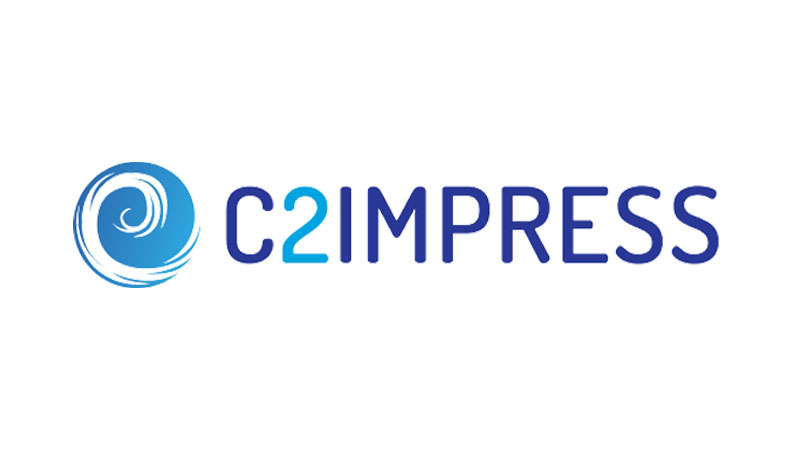
C2IMPRESS
Compound weather and climate extremes involve a diverse set of events including concurrent climate extremes as well different non-standard high-impact events. One example is drought coupled with heat waves. These extreme weather and climate events can have devastating consequences. In this context, the EU-funded C2IMPRESS project will increase public awareness on multi-hazard risks. It will move the discussion away from the traditional ‘hazard-centric’ approach to a novel ‘place and people’-centred integrated multi-hazard risk and resilient assessment framework. The project will develop several breakthrough innovations, such as a multi-hazard risk intelligence network platform supported by the robust Earth System Dynamic Intelligence and a suite of technologies to empower citizens and society with climate actions.

